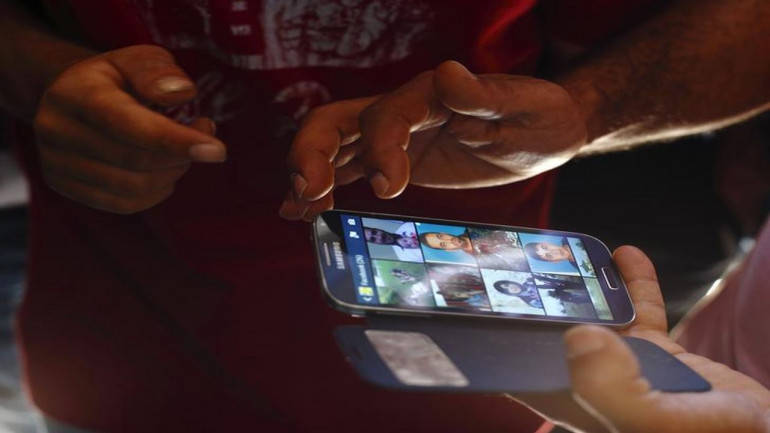The software from the startup that collects TV-viewing data for advertisers is reportedly being used on over 250 mobile based games
Some apps that are installed on our smartphones may be tracking down our activities, a report has claimed. The report points fingers to apps that use smartphone's microphone to track down a person’s television viewing habits.
According to a New York Times report that was published last week, mobile apps that use software from a startup company called Alphonso were found to be collecting information about the users. The software from the startup that collects TV-viewing data for advertisers is reportedly being used on over 250 mobile-based games such as “Pool 3D”, “Beer Pong: Trickshot” and “Real Bowling Strike 10 Pin” that are available in Google Play store and Apple’s app store.
The apps, once installed will use the microphone on the smartphone even when it is not being actively used. They collect information about the viewing habits of people by identifying audio signals in TV ads and shows. They can even match this information with the places people visit and the movies they see in order to identify which advertisements will be most effective on the user.
The company, which primarily makes gaming apps, is defending the data collection, even though such apps do not need access to the microphone. According to the company, its software does not record human speech and gains access to additional data only after the customer agrees to its terms and conditions which explains everything.
“The consumer is opting in knowingly and can opt out any time,” Ashish Chordia, Alphonso’s chief executive was quoted saying in the report while adding that roughly 1,000 apps use company’s software.
There have been speculations about certain popular social networking sites listening to whatever is spoken around them. It had also emerged recently that mobile manufacturer OnePlus was providing information about its users to the Chinese government. The recent development is certain to increase concerns about the future of privacy and personal space.


















